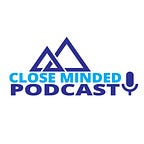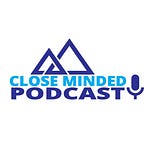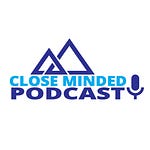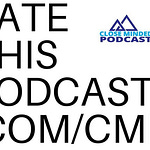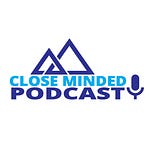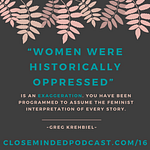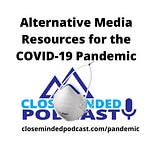In this episode Seth and Josh discuss Alan Jacobs’ recent book, “How to Think: A Survival Guide for a World at Odds.” Jacobs is Distinguished Professor of Humanities in the Honors Program at Baylor University in Waco, Texas, and a Resident Fellow of Baylor’s Institute for the Studies of Religion. He has written widely on...
The post Episode 1 – How to Think by Alan Jacobs appeared first on Close Minded Podcast.

